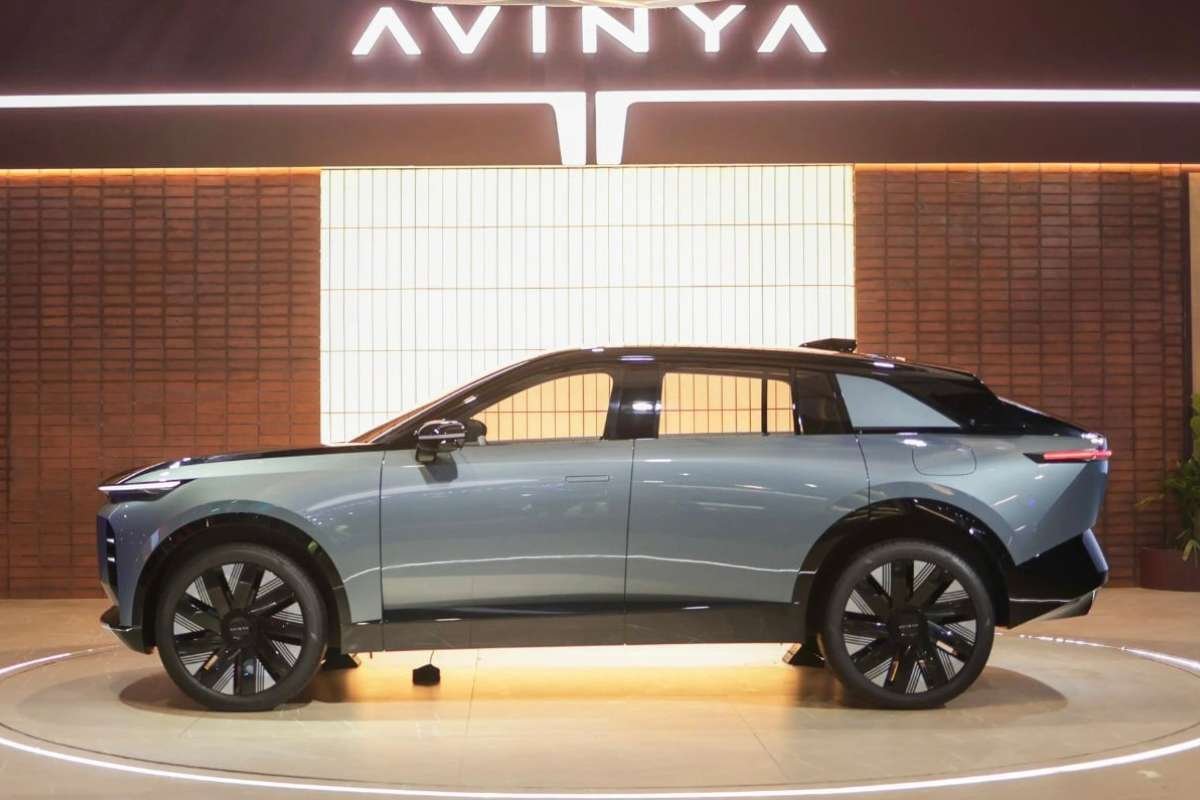Tata Motors has been on an impressive trajectory in the Indian automobile market, particularly in the electric vehicle (EV) segment with models like the Tata Avinya. Known for blending affordability with comfort and premium features, the company has made a strong impact with vehicles like the recently launched Harrier.ev. Tata also holds the title of India’s leading EV manufacturer, reinforcing its commitment to the country’s transition toward clean mobility.
However, amid this success, one of Tata’s most anticipated EV models has hit a major speed bump. The launch of the Tata Avinya, a next-generation electric SUV that was expected to set new benchmarks, has been officially postponed once again. Originally scheduled for a 2025 launch, the release has now been pushed to 2027, raising questions among enthusiasts and industry watchers alike.
Manufacturing Hurdles Delay Tata Avinya SUV
The Tata Avinya was first introduced as a concept in 2022, offering a futuristic glimpse into the brand’s Gen 3 EV strategy. The model was showcased at the 2025 Bharat Mobility Expo, creating substantial buzz with its cutting-edge design and advanced platform. Built on Tata’s new Gen 3 Skateboard EV architecture, the Avinya was expected to lead the next wave of Tata’s electric vehicles, with superior design flexibility and functionality.
Initially, Tata announced a 2025 launch timeline for the Avinya. However, at the Mobility Expo, this target was quietly revised to 2026. Now, Tata has confirmed that the model will not be available until 2027, primarily due to challenges related to its manufacturing partnership with Jaguar-Land Rover (JLR).
Tata had entered a Memorandum of Understanding (MoU) with JLR to leverage the premium EMA (Electric Modular Architecture) platform for the Avinya. Unfortunately, delays in setting up JLR’s production facility in Tamil Nadu have forced Tata to reconsider its strategy. The company may now opt for a less expensive version of the EMA platform or explore outsourcing the architecture from alternative sources, both of which could impact timelines and product planning.
Avinya to Showcase Tata’s Gen 3 EV Ambitions
Despite the delay, the Tata Avinya remains a pivotal product in the company’s long-term vision. It will be the first Tata EV built on the Gen 3 Skateboard platform, moving beyond the current Gen 2 Acti.ev platform that supports models like the Nexon.ev. The new architecture promises several advantages, including a flat floor design, improved space utilization, and greater overall practicality, an essential feature for modern electric mobility.
The Avinya is more than just a vehicle; it symbolizes the future of Tata’s EV strategy, aiming to offer a blend of luxury, efficiency, and sustainable innovation. With its expected 2027 launch, the SUV is likely to feature groundbreaking technology and design language that could redefine the Indian EV landscape.
While the delay may be disappointing for fans, Tata’s continued investments and strategic partnerships suggest that the Tata Avinya is still firmly on track to become a flagship offering in the company’s electric future.








